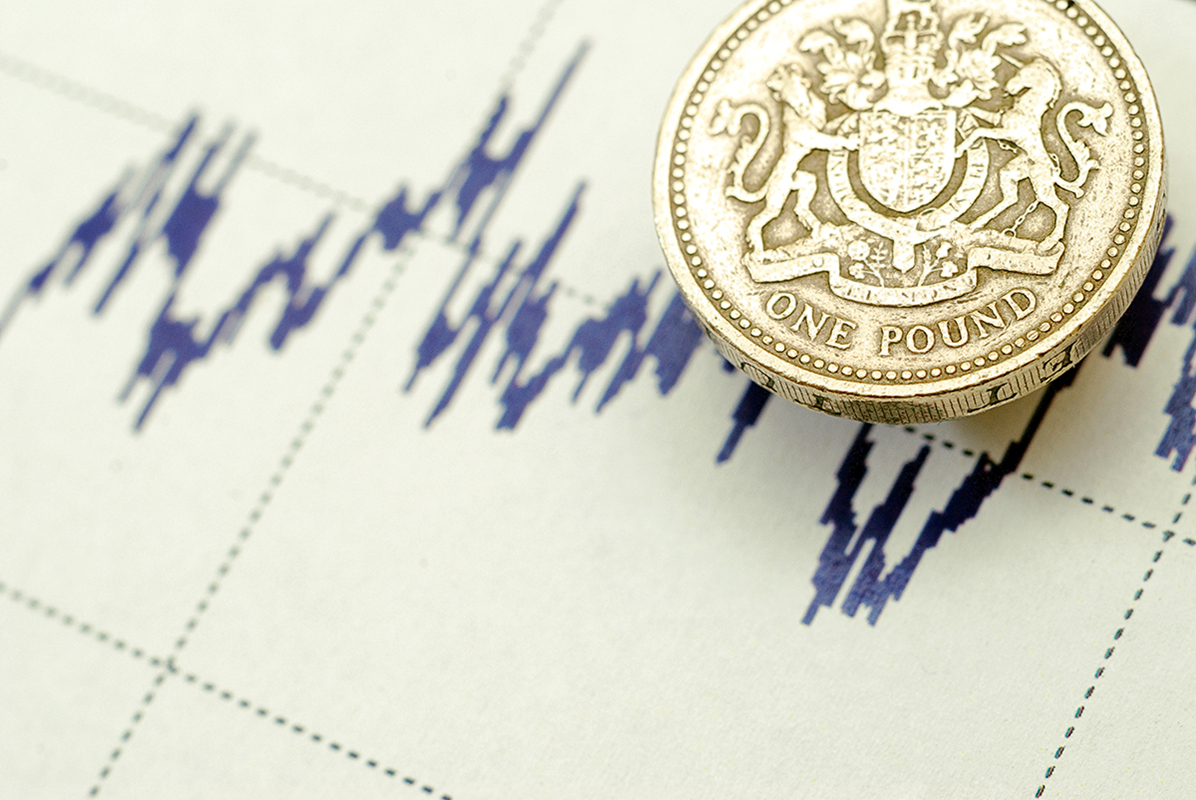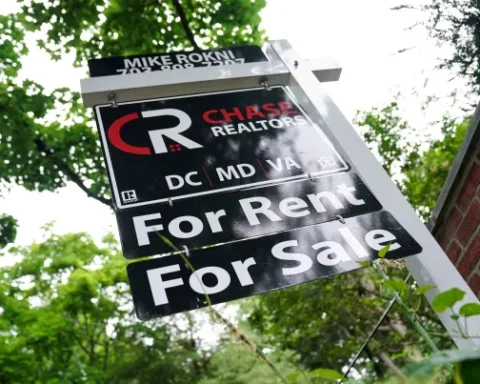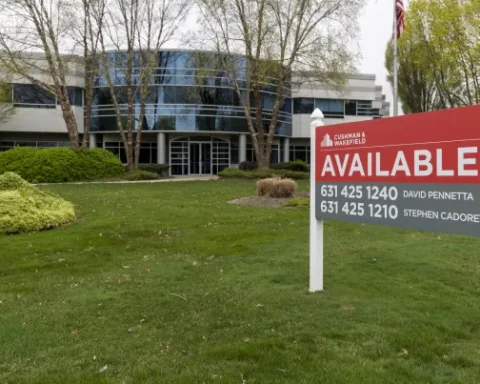The UK economy stabilizes after a prolonged inflation-induced slowdown and aggressive interest rate hikes. Recent data indicates a modest decrease in mortgage costs and a resurgence in manufacturer confidence, suggesting that the country might be “turning the corner.”
The Bank of England’s decision to pause its most aggressive series of interest rate increases in decades is a significant factor in this change. This pause, along with cooling inflation, has led to a slight easing of the financial pressures faced by households and businesses. Despite these positive signs, the overall economic activity remains subdued compared to pre-crisis levels.
Fhaheen Khan from Make UK commented on the manufacturing sector, “There are positive signs now that cost pressures are softening with input prices deflating, giving manufacturers breathing room to plan for the year ahead.” He also cautioned about the potential risks related to investment and employment in the future, especially given the current political uncertainties.
In the housing market, Nationwide reported a consistent rise in house prices for three consecutive months, fuelled by expectations of a peak in mortgage rates. Robert Gardner from Nationwide observed, “There has been a significant change in market expectations for the future path of the bank rate in recent months, which, if sustained, could provide much-needed support for housing market activity.”
However, the economy has challenges. High living costs continue to pressure households and businesses, and the Bank of England has warned that the full impact of its rate hikes is yet to be felt. Additionally, retail sales have been falling, and there is a looming threat of recession next year.
While there are hopeful signs that the UK economy is stabilizing, with improvements in manufacturing and the housing market, significant challenges remain. The balance between supporting economic growth and managing inflation will continue to be a delicate task for policymakers in the coming months.







